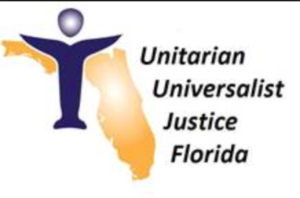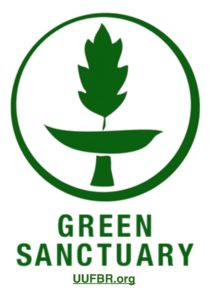Community Partner Liaison Description
A Community Partner Liaison is a person who either lives in the vulnerable community or works in an organization that serves the vulnerable community. This person is respected in the community and has long- standing relationships with elders and leaders. A Community Partner Liaison has access to resources to support the community, and knows where to find resources and talent within the community.
Characteristics of an effective Community Partner Liaison (sometimes called a “Gatekeeper”):
- High Emotional IQ
- Works for Consensus
- Works to Build Organizational Capacity in the Vulnerable Community
- Supports and Protects Members of the Community
- Patience
- Intuitive Analyst of Social Interaction
- May have Founded a Community Organization in the Vulnerable Community
- May help to Coordinate Social Events within the Community
- Known to and Respected by both community members and the public officials responsible for the vulnerable community
Important Responsibilities of the Community Partner Liaison for this Project
- Recruiting Outreach Leaders and Outreach Communicators
- Securing locations for Community Meetings
- Recruiting Additional Support When Needed (ie Educators or Additional Organizers)
- Identifying Needs and Communicating them to ReACT Organizers
- Mediating Conflict
- Bottom Line Responsibility for Achieving Agreed Upon Outputs
This website is maintained by the Unitarian Universalist Justice Florida’s Climate Resilience Ministry. It was established by the Green Sanctuary Committee of the Unitarian Universalist Fellowship of Boca Raton. The community pilot projects, on which the Community Toolkit was based, were undertaken in partnership with Developing Interracial Social Change (DISC) and Habitat for Humanity in Boca Raton, Florida; and Toussaint L’Ouverture High School for Arts and Social Justice in Delray Beach, Florida. Project Director for that effort was Janice T. Booher, MS. Pilot Project Manager Phase I was Dr. Ana Puszkin-Chevlin. Pilot Project Manager Phase II was Debra Weiss-Randall, Ed. D, CHES.
- This project is funded in part by the Unitarian Universalist Fund for Social Responsibility.
- Funding for this project was provided by the Unitarian Universalist Fellowship of Boca Raton Endowment Fund.
- Funding for the project in Shorecrest, Miami with the Community Health Mapping Initiative is provided by the National Library of Medicine/NIH.
- Development of the ReACT Tool Kit and the Pilot Projects were funded by EPA Environmental Justice Grant #EQ-00D35415-0 awarded to the Green Sanctuary Committee of the Unitarian Universalist Fellowship of Boca Raton.
Website designed and maintained by Janice T. Booher


